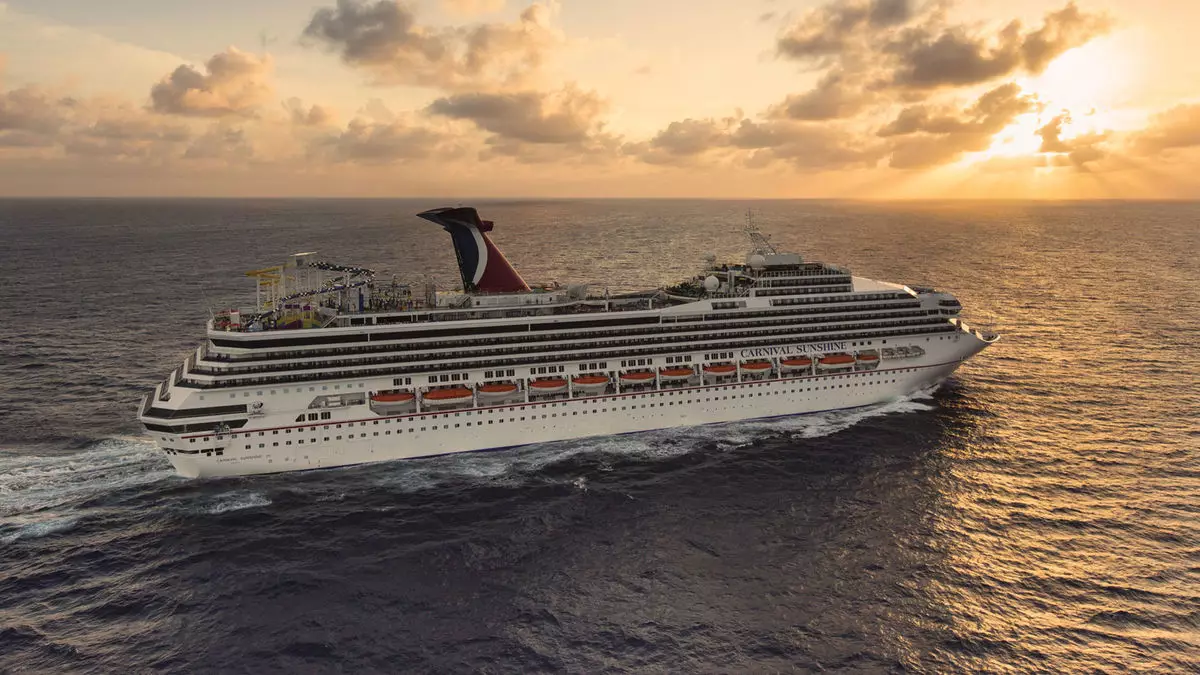Beneath the shimmering surface of the cruise industry lies a troubling narrative of exploitation, fear, and injustice. Recently, the detention of Filipino crew members on the Carnival Sunshine cast a stark light on the systemic issues faced by migrant workers in the maritime world. These individuals, often lauded as hardworking and dedicated, are caught in a bureaucratic maelstrom driven more by enforcement agendas than justice or compassion. While the cruise lines seek to paint their actions as compliance with law enforcement, the human toll becomes painfully evident.
This recent wave of detentions, which have now extended over several months, underscores a troubling pattern. Twenty-one crew members have reportedly been accused of serious crimes, with claims rooted in internet safety investigations. Yet, there is scant clear evidence or due process detailed publicly, raising questions about the fairness and transparency of these operations. The fact that these workers, most of whom have valid work visas, are detained without formal charges highlights a troubling tendency toward swift punitive measures that ignore individual circumstances. It seems to serve more as a pretext for broader immigration enforcement rather than a genuine pursuit of justice.
The Disproportionate Impact on Migrant Trafficked Laborers
What stands out most painfully is the way these detention practices disproportionately target migrant workers from the Philippines and other nations with large diaspora communities. These individuals often leave their home countries seeking better opportunities but find themselves vulnerable in a system that treats them as expendable commodities rather than valued employees. The Filipino Workers Center’s vocal opposition emphasizes that these detentions serve not just law enforcement purposes but also act as a guise for deportations that undermine hardworking migrants’ rights.
Adding insult to injury, the cruise industry’s official stance—claiming cooperation with law enforcement and emphasizing training—feels hollow against the backdrop of thousands of migrant workers who remain in limbo. The recent protests and rallies reveal a growing frustration and sense of betrayal among those whose labor sustains the industry’s global luxury image. Workers are often located on ships operating across distant waterways such as the Great Lakes, further isolating them from legal recourse or public scrutiny.
An Urgent Call for Ethical Accountability
The cruise industry’s repeated insistence on compliance and safety training overlooks a critical reality: it is increasingly evident that corporations prioritize profits and image over human rights. Detentions like these tug at the fabric of fairness and equity, exposing a systemic failure to protect vulnerable workers. Industry giants must face the uncomfortable truth that ethical accountability goes beyond compliance paperwork and must include genuine protections, fair legal treatment, and compassion for those who make their operations possible.
The presence of protests and public outcry signals that consumers and advocacy groups are no longer willing to turn a blind eye. The ships affected, both near and far, exemplify a broader issue of how multinational corporations handle their labor force—particularly those from marginalized backgrounds. If the industry aspires to true excellence, it must reexamine its internal policies and prioritize human dignity over mere legal appearances, fostering a culture of respect and fairness that genuinely values every worker, regardless of nationality.


Leave a Reply